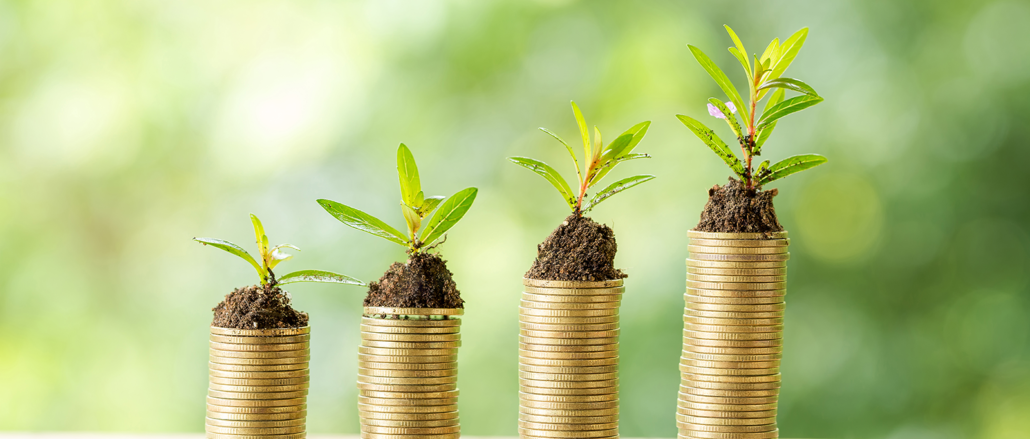
Thecircular economy is an economic model that aims to reduce waste and reuse materials and resources wherever possible. Unlike the traditional linear economy, which follows an « extract-produce-throw away » model, the circular economy aims to minimize waste by reusing materials as much as possible. This means transforming the entire production and consumption process, from product design to recycling and reuse.
The aim is to create a system where waste is minimized and materials are constantly reused. This can help reduce raw material costs, minimize waste, improve brand image and contribute to environmental protection.
Why should businesses opt for the circular economy?
Reduce costs:
Raw materials are becoming increasingly scarce, driving up supply and waste management costs. Adopting a circular economy strategy can reduce these two areas of expenditure while also reducing the environmental footprint. This formula encourages the implementation of a system that benefits all stakeholders, strengthens long-term competitiveness and enables new products and services to be developed using recycled or reused materials. Sustainable practices include using renewable energy, reducing production waste and managing resources efficiently.
Enhance corporate reputation:
Circular practices help companies to reduce their environmental impact, improve their brand image and help them to build relationships of trust with local stakeholders. Consumers are more inclined to buy from eco-responsible companies.
New market opportunities:
The circular economy enables companies to expand their markets by working with innovative institutional players and developing new inter-economic partnerships and professional networks. Collaboration between different sectors is essential to the success of the circular economy.
Competitive advantage:
Companies that have adopted the circular economy are ahead of their competitors who are struggling to break away from the linear economy.
Creating jobs :
The circular economy creates jobs because recycling is more labour-intensive than landfilling. The jobs generated are often not relocatable and remain in the area, which encourages local employment. Companies that embrace the circular economy are helping to create a dynamic, job-creating society. What’s more, the circular economy offers opportunities for innovation and the development of new skills.
Our Solution ? CircularPlace
Currently, there is no comprehensive reuse platform for businesses, which can make it difficult to manage unsold stock in a sustainable and responsible way.
CircularPlace enables the recovery and reuse of second-hand equipment from companies in order to improve the carbon impact of their activities. Our solution has been specifically designed to meet the constraints and challenges imposed by the AGEC Act.
CircularPlace offers to sell, donate and finally recycle company goods and equipment. We are the first complete reuse platform. Our easy-to-use solution is tailored to the needs of each company.
We take the time to get to know each of the companies on our marketplace so that we can offer them the right re-use platform.
That’s why CircularPlace has developed a marketplace allowing the resale of your non-food waste between professionals, and puts you in touch with non-profit organizations to recover your products.
You can also opt for a white label solution that will allow your company to circularize your equipment internally and to engage your employees around ecological themes.
Don’t throw away any more, opt for the second hand!
Questions about CircularPlace?
Want to follow us?
Subscribe to our newsletter!



